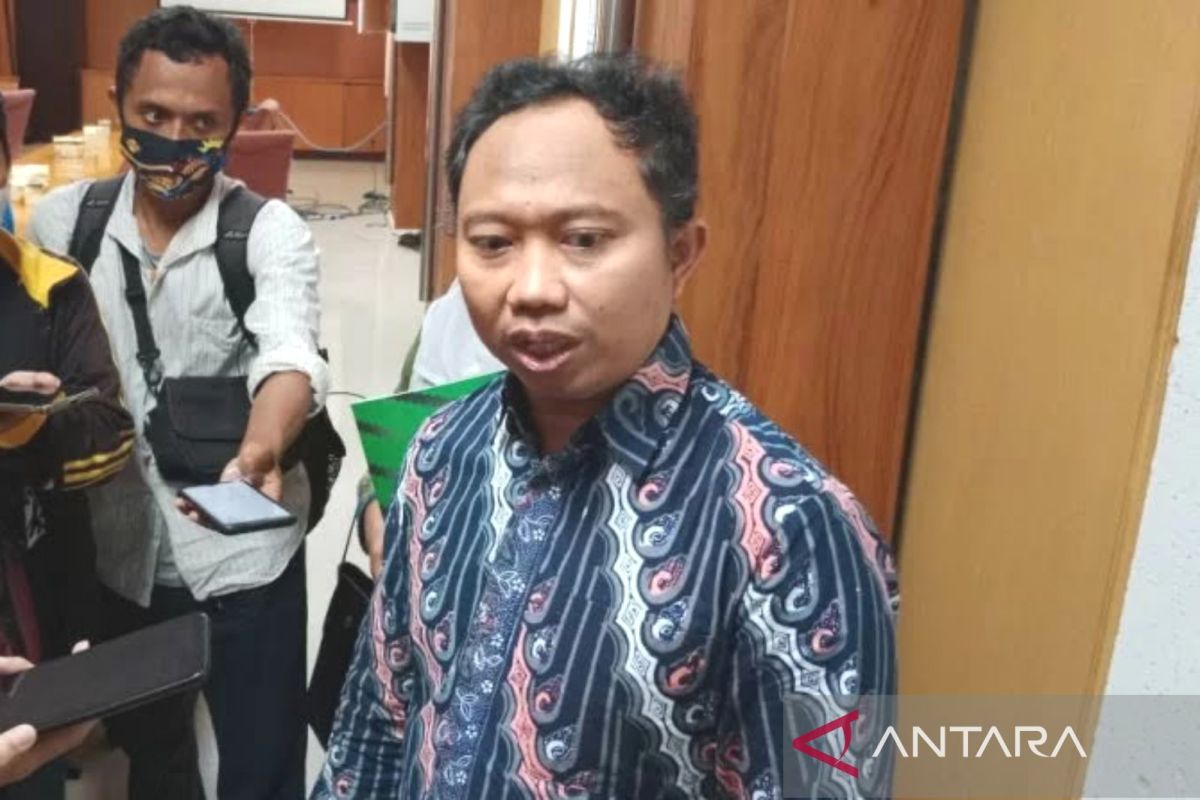
Rektor UIN Yogyakarta: RI bisa jadi penengah konflik Iran-Israel
Rektor UIN Yogyakarta, Prof. Dr. Yudian Wahyudi, M.A., recently made headlines with his statement suggesting that Indonesia could potentially act as a mediator in the conflict between Iran and Israel. This bold statement has sparked discussions and debates among academics, politicians, and the public about Indonesia’s role in promoting peace in the Middle East.
As a prominent figure in the field of Islamic studies, Prof. Yudian Wahyudi is well aware of the complexities and sensitivities surrounding the conflict between Iran and Israel. Both countries have a long history of animosity and tensions, with their rivalry often causing instability and violence in the region. However, Prof. Yudian believes that Indonesia, with its moderate Islamic stance and history of promoting peace and tolerance, could play a crucial role in mediating the conflict.
Indonesia, as the world’s most populous Muslim-majority country, has always positioned itself as a champion of peace and moderation in international affairs. The country has a long-standing tradition of promoting dialogue and diplomacy as a means of resolving conflicts, and has actively participated in various peacekeeping missions around the world. Prof. Yudian’s suggestion that Indonesia could mediate between Iran and Israel is not without merit, as the country’s neutral stance and diplomatic relations with both nations could potentially facilitate dialogue and negotiation.
Furthermore, Indonesia’s historical ties with the Non-Aligned Movement and its active role in the Organization of Islamic Cooperation (OIC) provide it with a platform to engage with both Iran and Israel on a diplomatic level. Indonesia’s commitment to promoting peace and stability in the region could make it a credible and impartial mediator in the conflict.
Of course, the idea of Indonesia mediating between Iran and Israel is not without its challenges. The deep-rooted animosities between the two countries, as well as their complex geopolitical interests, could pose significant obstacles to any mediation efforts. However, Prof. Yudian’s proposal should be seen as a call for Indonesia to use its diplomatic expertise and moral authority to help bring about a peaceful resolution to the conflict.
In conclusion, Prof. Yudian Wahyudi’s suggestion that Indonesia could act as a mediator in the conflict between Iran and Israel is a bold and thought-provoking proposal. While the road to peace in the Middle East is long and fraught with challenges, Indonesia’s commitment to dialogue and diplomacy could potentially make a difference in resolving one of the world’s most intractable conflicts. It is now up to the Indonesian government and the international community to consider this proposal seriously and explore ways to bring about a peaceful resolution to the conflict between Iran and Israel.